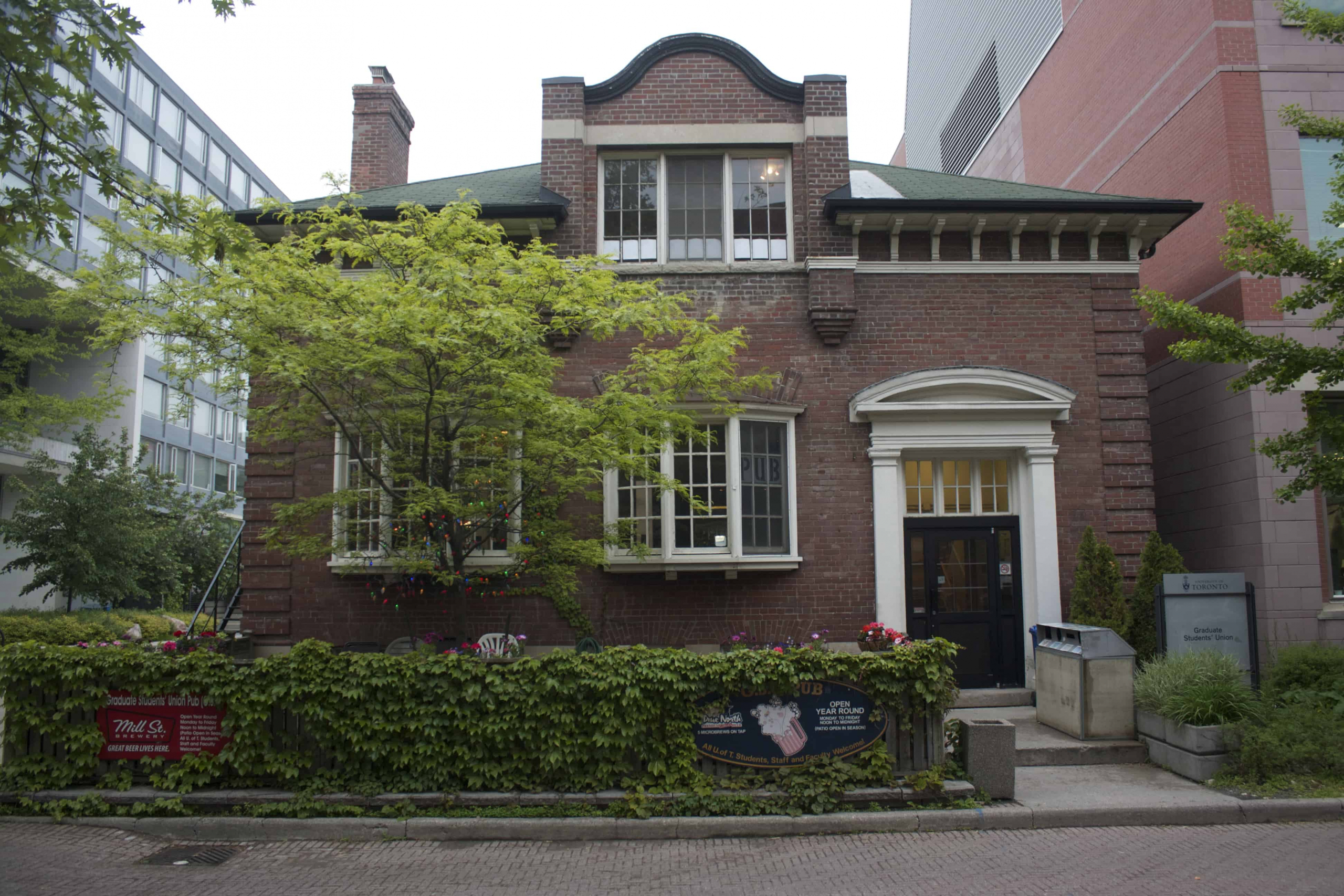In advance of the Canadian Federation of Students’ (CFS) semi-annual general meeting, three CFS member unions on the U of T campus, the Graduate Students’ Union (GSU), the Association of Part-Time Undergraduate Students (APUS), and the University of Toronto Students’ Union (UTSU), have submitted a number of motions that recommend changes in provincial policy to support U of T-related issues. The meeting is taking place in Ottawa from May 30-June 3.
GSU seeking significant reform
The GSU sent in a motion rewriting Bylaw 1, which details the ways in which unions enter or leave the CFS. The GSU has proposed a change to the provision that requires 20 per cent of the student body to petition in order to leave the CFS, while only 10 per cent is needed to join as a CFS member. Brad Evoy, internal commissioner of the Graduate Students’ Union at U of T, calls this discrepancy part of a systemic problem within the CFS; there is a “blatant imbalance” between the ways to enter and leave the federation.
Another proposed change is the inclusion of a third member on the Appeals committee that would oversee the referendum to certify or decertify a campus union — this individual would have no connection to the National Executive or the Member Local Organization Executive seeking to certify or de-certify (as opposed to the previous arrangement, under which only two members were elected in a general meeting).
The bylaw change also gets rid of the last point in section 6a of the CFS’ constitution, which states that individual members can request to have their names struck individually from a petition of decertification. This is one of the many rules that Evoy says is representative of a systematic disparity that “all locals are aware of.”
Aside from changing Bylaw 1, the GSU has also proposed a series of motions asking for the disclosure of both the salaries of all national executives on the CFS board, as well as all relevant legal action that the CFS has taken with regard to its member locals.
“For us, it all comes down to perception” says Evoy, noting that these motions were meant to target how the federation has come to be viewed as “problematic,” especially in light of its various legal disputes with numerous member local unions.
CFS feels GSU reforms unnecessary
In an email to The Varsity, Adam Awad, national chairperson of the Canadian Federation of Students, disputed the GSU’s position, stating that CFS’s legal expenses, as well as the salaries of three national executives, are “clearly listed” in the federation’s budget.
Awad did not answer any questions regarding the decertification process at CFS or other internal reform attempts.
“General meetings are an important part of the democratic decision-making within the Federation,” said Awad. “All of the motions submitted by member locals will be thoroughly debated and discussed over the course of four days before being voted on by all member locals at the meeting.”
Debt allegedly used as tool to keep member unions loyal
Finally, there is a motion by the GSU that recommends changes to the way membership fees are collected and remitted, highlighting ways that the National Executive could communicate more clearly with member locals on membership fees. The motion includes more direct action from the CFS, suggesting that if a member local had not paid its fees in four years, its expulsion must be an item on the agenda for the executive committee to discuss.
According to Evoy, the move to change the way membership fees are collected stem from how the CFS deals with problems of remittance from its member local associations.
“Rather than actively seek to gain monies, the Federation often settles for silence on such matters, so long as said locals play ball,” says Evoy. “This often is used – often with little clarity – as an excuse to stop members from leaving the organization. Debts accrued in the 1980s or 1990s become weapons to hold members into the organization, while the Federation does not act to inform said members prior and is often accused of pulling said numbers out of thin air.”
Other unions from across Canada have also sent in motions targeting reform of the CFS. From Local 26, the Kwantlen Student Association, there are specific amendments to Bylaw 1, sections 6c and 4b, in which a chief returning officer of a referendum to certify or decertify would be elected in consultation with the member local association.
Internal reform motions historically unsuccessful
Overall, motions targeting internal reform of the CFS are not new to the general meetings; at the last general meeting in November, there were a series of attempts led by the Dawson Student Union that were not approved. The GSU itself has also been active in supporting motions for internal reform, and has called for an end to the legal disputes between Quebec students’ unions that had disputably left the federation. It remains unclear how much support the GSU has going into the meeting, although a number of other unions are proposing changes to Bylaw 1, including the Queens’ graduate students’ union.
Other unions at U of T have introduced motions geared toward other issues, such as the merger of the Transitional Year Program (TYP) with the Faculty of Arts and Science. APUS has introduced a motion calling on the CFS and other member locals to support the TYP in light of its budget being frozen and an impending merger.
Susan Froom, president of APUS, stated that APUS has a “particular interest” in the TYP cause, since most TYP students not only come from “marginalized and racialized communities,” but are also part-time students themselves.
Finally, according to UTSU president Munib Sajjad, the UTSU has chosen not to take a stance on any of these forthcoming motions from its sister organizations. UTSU has introduced its own motions addressing things such as website templates and stronger mental health awareness on university campuses.


